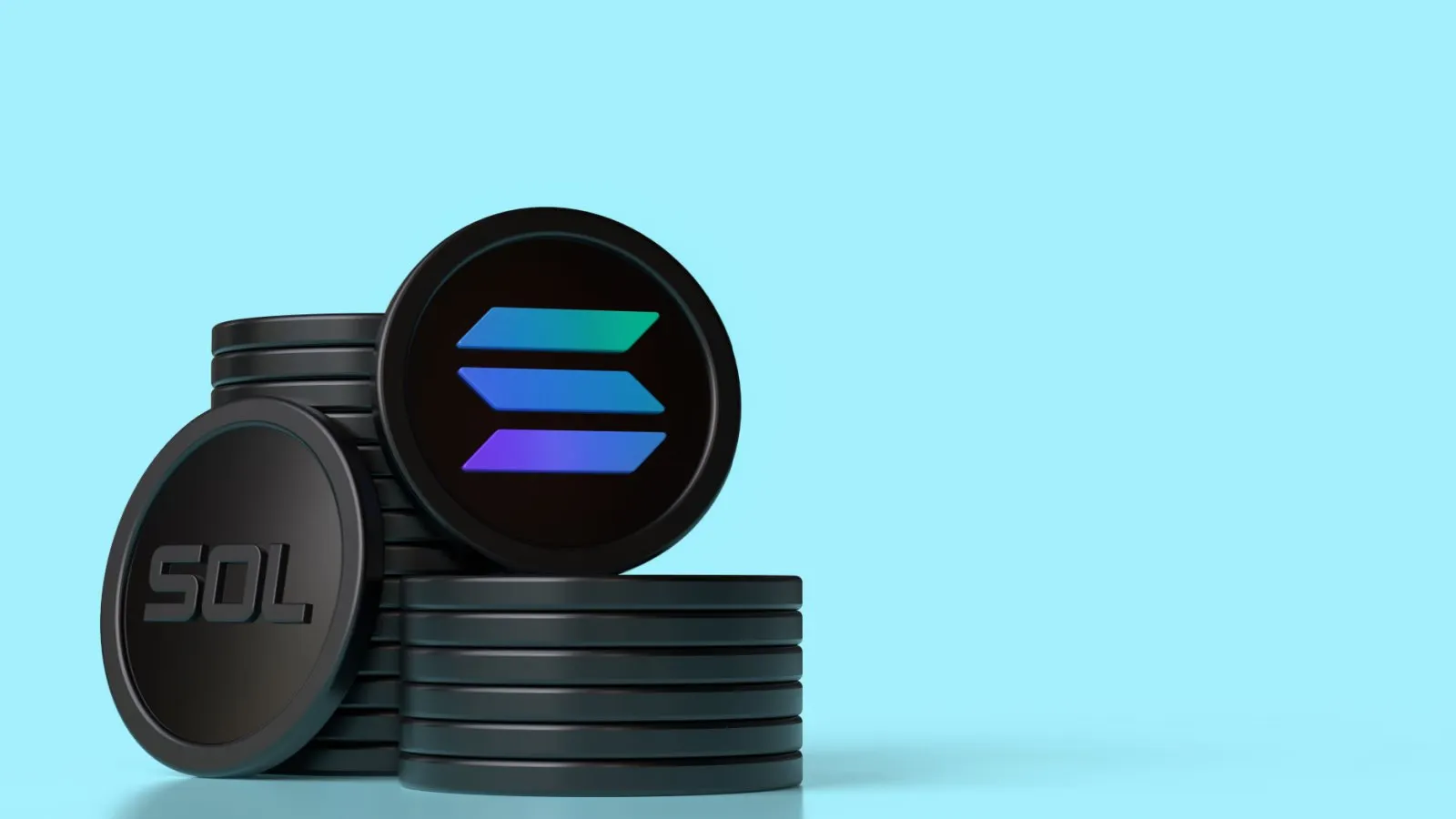The Solana Foundation said the network has seen 100% uptime since February—a stark contrast to the outages it experienced last year. But as the foundation readily points out, there's “no guarantees of future network performance.”
A slew of outages have dealt a hammer blow to its credibility as "the world's fastest blockchain."
The project has released a network performance report for the first time since October 2022, which claims there have been dramatic improvements between February and June this year.
Much of this is linked to changes made following major disruption back in February, which saw the network go down for 20 hours after a software upgrade went awry. It took days to get to the bottom of what happened—a bad look for what is currently the world's eighth-largest blockchain by market capitalization.
Now, external developers and auditors are playing a larger role in examining upgrades and finding exploits—with a testnet being battle-tested before any release goes live.
Dan Albert, the Solana Foundation's executive director, told Decrypt via email: "Network outages are never ideal but adapting to different and unexpected conditions are part of the growing pains of any scalable network. Core engineers and ecosystem teams have worked together to learn from these situations."
"For instance, stability and reliability were focal points for network improvements during the first half of the year and several improvements to the core network software upgrade process were implemented as a result."
The foundation's report stressed that recent upgrades mean the network is better placed for handling high traffic—pointing to a strong performance when the Mad Lads mint dropped. While the launch was a bright spot for the blockchain, it wasn't without challenges, with the NFT project facing alleged extortion threats and DDOS attacks.
Another improvement highlighted in the report relates to state compression—blockchain's answer to finding new ways of stuffing more clothes in an already full suitcase. The foundation claims it now has a method of storing data on-chain while cutting down on costs by "orders of magnitude"—meaning minting 100 million NFTs on Solana would now set you back 50 SOL ($1,300.)
"The network continues to be run by a robust group of independent validators around the world. It's one of the world’s most decentralized proof-of-stake blockchains, and one of the most developed on," the foundation's report added.
Last year, Solana co-founder Anatoly Yakovenko had admitted that outages were a running sore for the network—telling Decrypt's gm podcast they were "the biggest challenge for us, and the number one priority."
Since then, other headaches have emerged. Last month, the Securities and Exchange Commission (SEC) labeled SOL as a security in a bombshell lawsuit. The blockchain's native token was especially hard hit after the news broke—and according to Messari, SOL's market cap declined by 9% after court filings emerged.
Dan Albert said the Solana Foundation disagreed with this characterization, adding: "We welcome the continued engagement of policymakers as constructive partners on regulation to achieve legal clarity on these issues for the thousands of entrepreneurs across the U.S. building in the digital assets space."
Also of concern? A 41.5% drop in NFT sales on the secondary market when denominated in U.S. dollars. Things look even more dire according to CoinGecko research, which suggests Solana suffered a 78.6% decline in trading volumes as major collections migrated to other blockchains—cementing Ethereum's dominance in the process.
Albert didn't seem too worried about this, telling Decrypt: "NFTs are still a relatively new category and ebbs and flows should be expected, as well as new innovations which will undoubtedly shape this category further.
"Compressed NFTs, for example, are growing rapidly. First introduced in March, more than 20 million compressed NFTs have been minted since then demonstrating great uptake and new use case applications."

